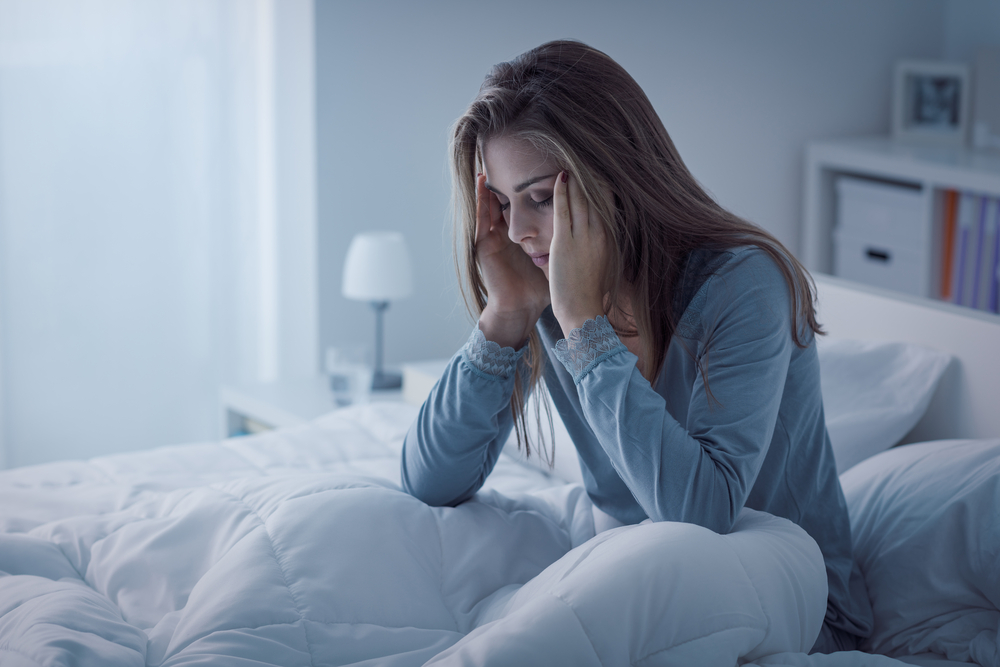Many diseases are associated with sleep disorders and influence each other. Sleep disorders can also develop into an independent clinical picture. This is where observing what is known as sleep hygiene can be helpful. This refers to certain habits that promote healthy sleep.
Sleep disorders
If the quality, duration, or restorativeness of sleep is permanently disturbed, one speaks of a sleep disorder.
It could be sleep Apnea, Narcolepsy, Restless leg syndrome, Insomnia etc.
It can severely impair the ability to concentrate and perform during the day.
A sleep disorder often arises in connection with an illness (e.g. depression, respiratory and lung diseases, or illness-related pain), but can also be caused by living conditions (e.g. shift work, caffeine, stress, sleeping environment).
In addition to treating the underlying disease, behavioral therapy measures in the form of so-called sleep hygiene can also be helpful to improve sleep.
Drug treatment with sleeping pills should only be used in exceptional cases, after consultation with the doctor treating you.
Sleep hygiene
The following tips can help people with insomnia to develop a healthy sleep rhythm:
Regular getting up and going to bed times:
The times should deviate by a maximum of 30 minutes to support the biological rhythm.
Getting up regularly (even at the weekend or on vacation) is particularly important because it forms the "anchor point" of the biorhythm.
No naps during the day
This can result in problems falling asleep and sleeping through the night.
If you don't want to do without a nap, you should not take it after 3 p.m. and end it with an alarm clock after 20 minutes. In addition, the nap should always take place at the same time.
No alcohol 3 hours before going to sleep
Alcohol helps to fall asleep more easily, but it seriously affects the quality of sleep and often leads to problems sleeping through the night, especially in the second half of the night. Even small amounts impair sleep recovery.
Therefore, you should not drink alcohol more than once or twice a week in the evening - if possible with sufficient distance (about one hour per glass) before going to bed.
No coffee 4-8 hours before bed
The sleep-damaging effects of coffee and other caffeinated beverages like green tea and cola can last 8-14 hours.
The best would be to avoid caffeine for 4 weeks and then consume no more than 3 cups of coffee a day and only before 10 am.
Stop smoking after 7 p.m
Nicotine has a similar negative effect on sleep as caffeine.
In particular, the interaction between nicotine and alcohol has a sleep-disturbing effect.
In the long term, reduced lung function due to smoking also affects sleep.
Do not eat and/or drink large amounts 3 hours before going to bed:
A full stomach or bladder can disrupt sleep. However, a small snack before going to bed (e.g. milk with honey, a banana) can be helpful.
Foods such as milk, bananas, and chocolate contain L-tryptophan, which plays a role in sleep regulation in the brain.
Food that is difficult to digest, such as raw food and whole-grain products, should be avoided.
No physical exertion after 6 p.m
Like coffee and nicotine, heavy physical exertion stimulates the sympathetic nervous system, which is responsible for activity and stress.
It takes several hours for this activity to subside again, says Healthpally boss.
Regular bedtime ritual
A series of regular actions that are always performed in the same sequence (e.g. checking whether the front door is locked, turning off the lights in other rooms, changing for the night, turning off the heating, brushing your teeth) can help to calm the body in advance and get ready for bedtime.
Your bedtime ritual shouldn't last longer than 30 minutes.





